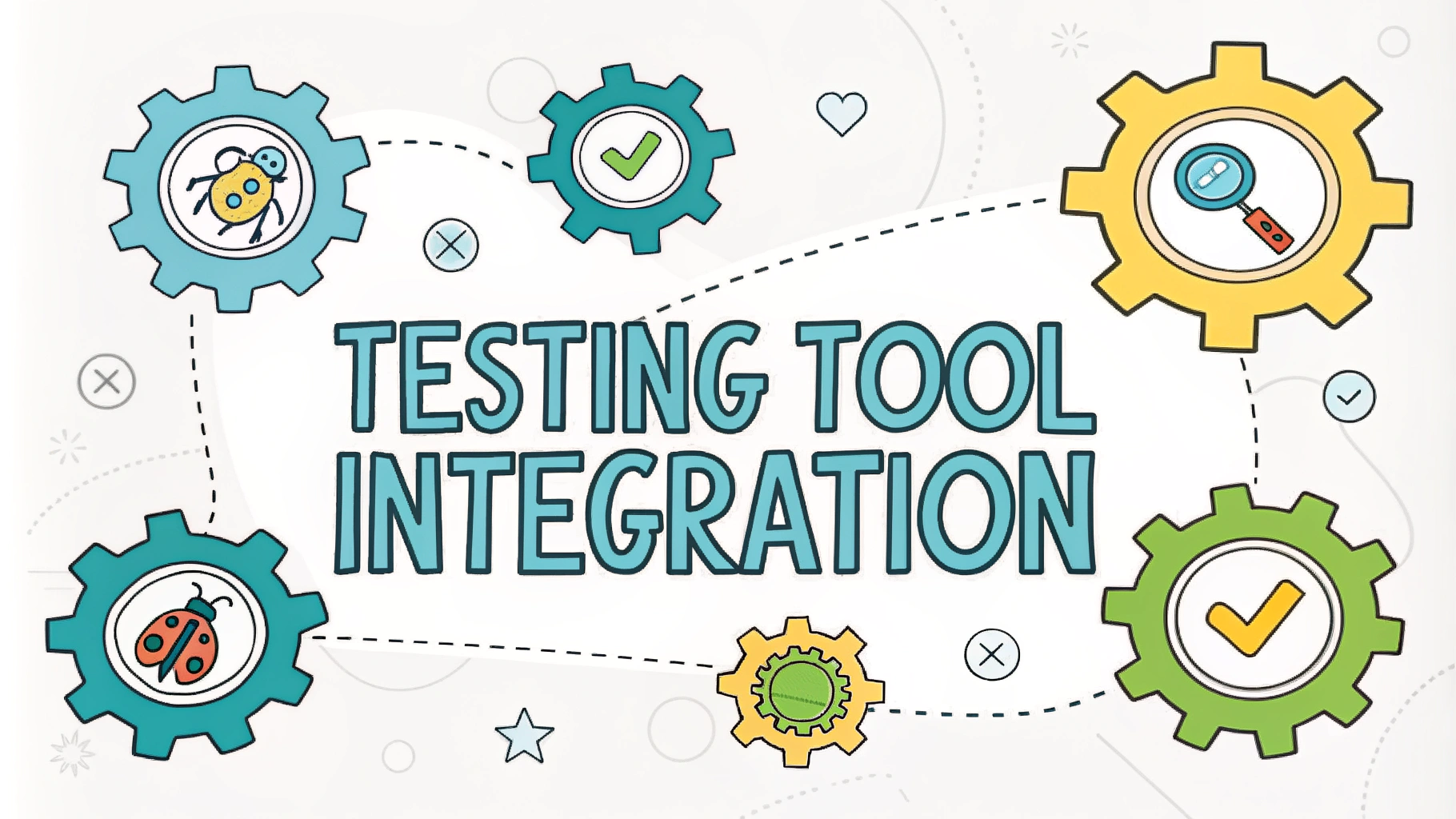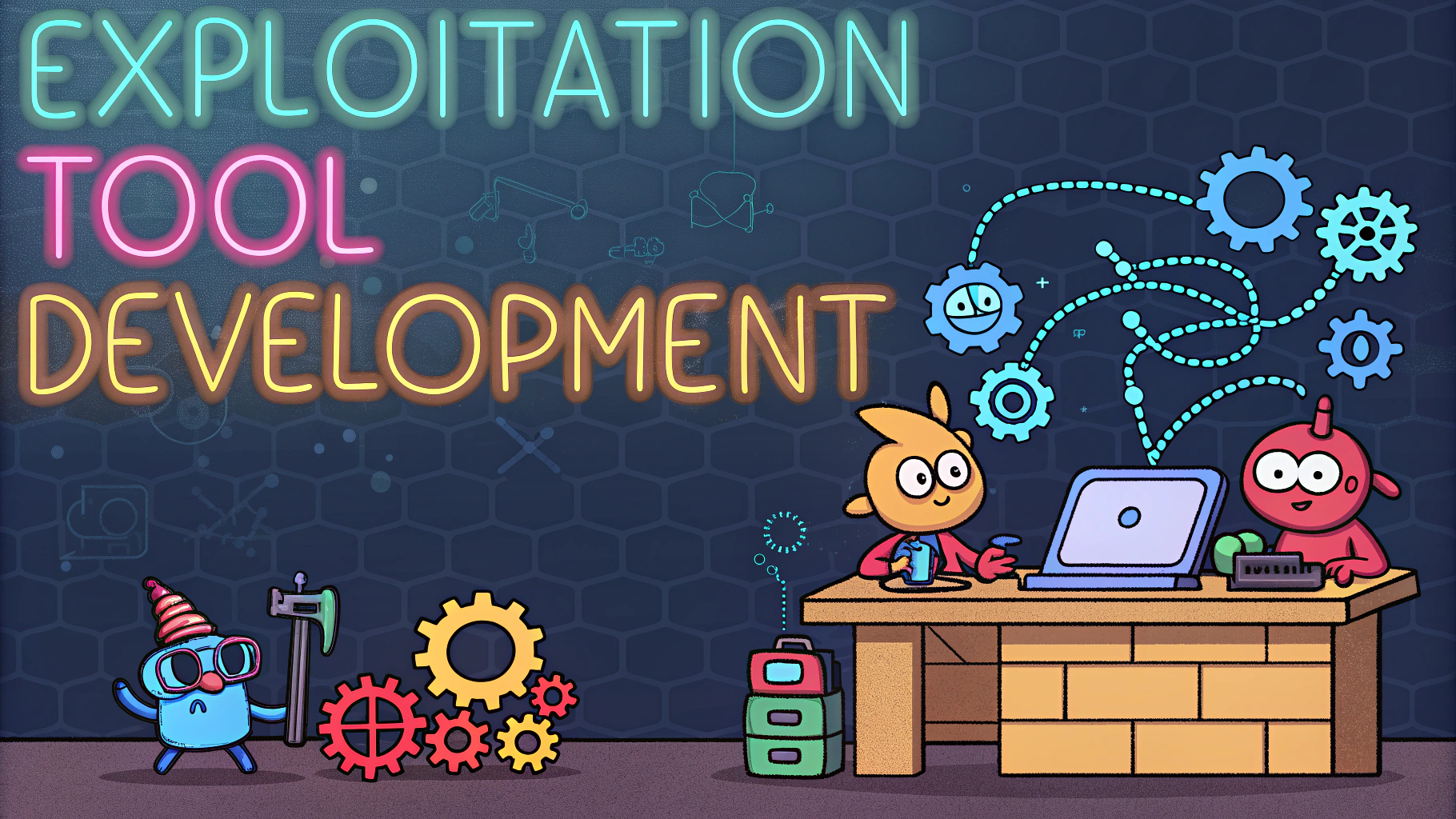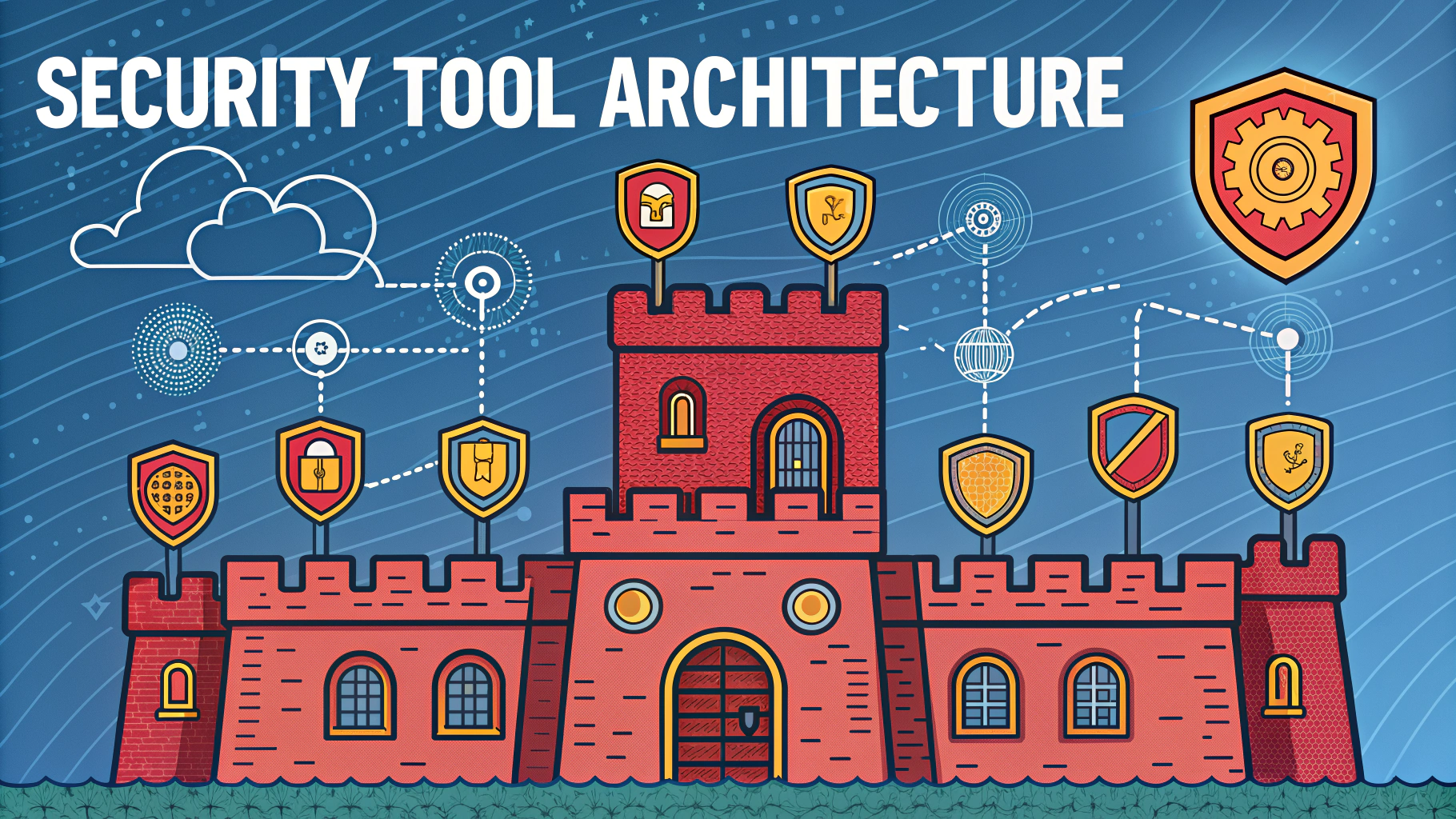Negotiating benefits during penetration testing engagements requires a delicate balance between professional value and client expectations.
Security professionals must understand how to position their expertise while maintaining ethical standards and delivering measurable value to organizations.
This guide explores effective strategies for negotiating compensation, benefits, and terms when providing penetration testing services.
Key Components of Benefits Packages
- Base compensation rates (hourly/project-based)
- Performance bonuses for critical findings
- Professional development allowances
- Tool and equipment stipends
- Travel compensation
- Insurance coverage
Setting Your Market Rate
Research current market rates through platforms like Glassdoor and PayScale to establish baseline compensation expectations.
| Experience Level | Typical Rate Range (USD/hour) |
|---|---|
| Junior (0-2 years) | $75-150 |
| Mid-level (3-5 years) | $150-250 |
| Senior (5+ years) | $250-400+ |
Value-Based Pricing Strategies
- Document specialized certifications (OSCP, CISSP, CEH)
- Highlight unique technical capabilities
- Showcase past project successes
- Emphasize industry-specific experience
Contract Terms to Consider
Always include scope definitions, timeline expectations, and deliverable specifications in writing.
- Project boundaries and limitations
- Testing methodology agreements
- Report formats and delivery schedules
- Communication protocols
- Non-disclosure agreements
- Liability protections
Professional Development Benefits
Request annual allowances for maintaining and upgrading professional certifications.
- Conference attendance costs
- Training course fees
- Certification exam expenses
- Research time allocation
- Tool subscription costs
Insurance and Legal Protection
Ensure proper coverage through professional liability insurance and legal counsel access.
- Professional indemnity insurance
- Cyber liability coverage
- Legal representation allowance
- Contract review services
Building Long-Term Client Relationships
Structure retainer agreements for ongoing security assessments and monitoring.
- Regular security assessments
- Quarterly reviews
- Emergency response availability
- Training and workshops
Getting the Best Deal
Document your track record of identifying critical vulnerabilities and providing actionable remediation guidance.
- Prepare a portfolio of redacted reports
- Collect client testimonials
- Calculate ROI from previous projects
- Monitor industry trends
Additional Value Propositions
Beyond technical expertise, penetration testers should emphasize supplementary value offerings that justify premium rates.
- Knowledge transfer sessions
- Developer training workshops
- Security awareness programs
- Policy development guidance
- Compliance mapping assistance
Remote Testing Considerations
Address specific requirements and rate adjustments for remote penetration testing engagements.
- Secure communication channels
- Virtual meeting platforms
- Time zone accommodations
- Remote access protocols
- Digital documentation systems
Performance Metrics
Establish clear metrics for measuring engagement success and determining bonus structures.
- Critical vulnerability counts
- Time to identification
- Remediation effectiveness
- Client satisfaction scores
- Project milestone achievement
Navigating Future Success
Successful benefits negotiation in penetration testing requires balancing technical expertise with business acumen. Focus on demonstrating tangible value, maintaining professional development, and building lasting client relationships. Stay current with industry trends and continuously enhance your service offerings to command premium rates while delivering exceptional security value.
- Regularly review and adjust rates
- Invest in emerging technology skills
- Build strategic partnerships
- Maintain industry certifications
- Develop specialized expertise
FAQs
- What is benefits negotiation in penetration testing?
The process of negotiating compensation, perks, and professional advantages when being hired as a penetration tester or security consultant. - What are the key benefits typically negotiated in penetration testing roles?
Base salary, performance bonuses, certification reimbursement, conference attendance, specialized training budgets, flexible work arrangements, and tool/equipment allowances. - How much should I expect for penetration testing certification reimbursement?
Standard reimbursement typically covers major certifications like OSCP ($999-$1,499), CEH ($850-$1,199), and GPEN ($7,270) along with annual renewal fees. - What is the standard conference attendance benefit in penetration testing?
Most companies offer attendance to 2-3 major security conferences annually, including registration, travel, and accommodation for events like BlackHat, DefCon, or RSA Conference. - Should penetration testers negotiate for equipment allowances?
Yes, industry standard includes annual allowances ranging from $2,000-$5,000 for hardware, software licenses, and specialized testing tools. - What are common work-from-home arrangements in penetration testing roles?
Hybrid arrangements with 2-3 days remote work are standard, with full remote options available for senior positions or during non-client-facing assignments. - How often should penetration testing benefits be renegotiated?
Benefits should be reviewed annually, with major renegotiations typically occurring every 18-24 months or upon achieving new certifications/qualifications. - What professional development benefits should be included?
Annual training budgets ($5,000-$10,000), lab environment allowances, mentorship programs, and research time allocation (typically 10-20% of work hours). - Are bug bounty participation rights commonly negotiated?
Yes, many penetration testers negotiate the right to participate in bug bounty programs during non-work hours, with clear guidelines about conflict of interest. - What liability insurance coverage should be negotiated?
Professional liability insurance coverage of at least $1-2 million, along with legal representation provisions for security research activities.







